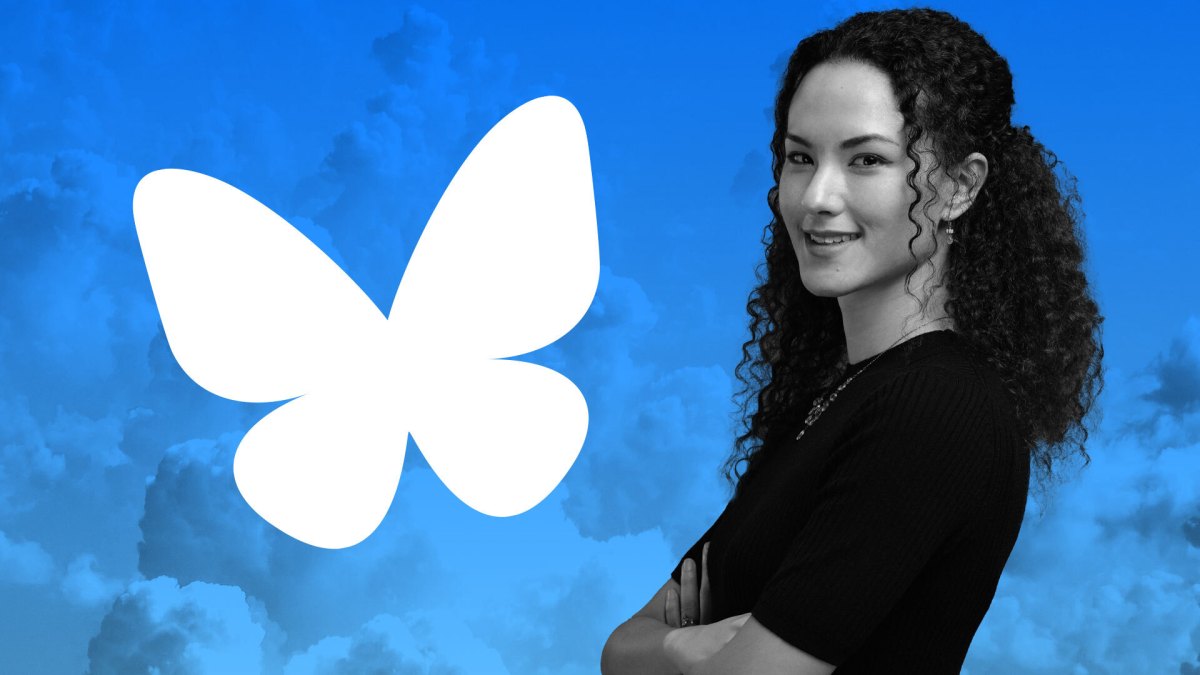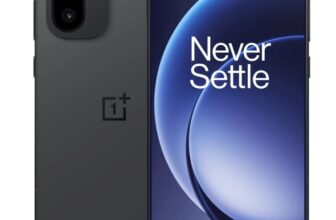
At Made on YouTube on Wednesday, Sept. 18, in New York, YouTube CEO Neal Mohan announced various new AI tools for creators on the platform.
YouTube to add tools to detect AI-generated faces and voices
The AI tools aim to “support creators at every step of the journey” and range from AI-powered inspiration to AI video generators. Mohan emphasized AI’s ability to further YouTube’s mission of being “the best home for creators” and ensured creators that it will build on its “track record of responsibility.” He added that 92 percent of creators already use AI tools. The new features will become available to creators in the coming months and by early 2025.
Johanna Voolich, YouTube’s chief of product, told Mashable that the team prioritized the full creative lifecycle when building these products. Here’s a breakdown of the tools that were announced.
Veo
Perhaps the biggest announcement of the event was Veo, six-second AI-generated video clips designed for YouTube Shorts, the platform’s TikTok competitor. It runs on Google’s DeepMind technology and uses text prompts to produce clips.
Following a demonstration from Joe Ano, the creator and fashion designer behind Ella Emhoff’s Democratic National Convention dress, where he used Veo to generate dresses in motion, Sarah Ali, senior director of product, side-stepped potential criticisms of the feature by saying, “[Veo] only works because of Joe’s creative vision.” Other demonstrations included an AI-generated video of a dog and sheep becoming friends.
Veo Shorts will be watermarked with SynthID ensuring AI-generated content clearly is labeled. “Over time, how people think of this may change, but right now, we want to have that level of transparency so people can make their own judgments about what they’re watching,” said Voolich.
Mashable Top Stories
Veo’s announcement comes on the heels of other platforms launching AI-generated video abilities like OpenAI’s Sora.
Inspiration tab
YouTube wants to make the creative process easier and aims to do so with the Inspiration tab, an AI-generated hub that helps creators come up with video ideas, titles, thumbnails, and outlines. User comments will also be incorporated into the AI-idea inspiration. Users will not be able to opt out of their comments’ inclusion. “The way YouTube works is based on contributions, the contributions from creators are their videos, but viewer’s contributions are what they are watching and what they are commenting on. That’s what makes the platform work,” said Voolich.
Users are already involved in what Voolich calls the “invisible AI.” “That’s the AI we have been using forever at YouTube to build out our search and recommendation systems,” she said. “That’s what you see on your home feed and your up next. That’s the user-focused AI.”
Engaging with audiences
YouTube also announced the use of AI to help creators keep up with their audiences. The tool will highlight key commenters, show creators their “profile cards” and past comments, and provide AI-enhanced reply suggestions in the creator’s voice.
It also announced another way to engage viewers, “Communities.” Reminiscent of Substack’s Chat, Communities allow creators to post directly to their audiences and viewers can post their own photos and text posts too.
Additionally, YouTube is launching “Hype,” a way for viewers to support their favorite up-and-coming creators by suggesting that their videos be brought to a wider audience. The tool gamifies liking a creator and will only be available for videos posted in the last 7 days by a creator with 5,000 subscribers or less. Users will receive a limited number of Hypes a week, but the platform is exploring selling more hypes for a new revenue stream for creators.
Auto-Dubbing
Using AI, YouTube is transforming automatically-generated captions into dubbing in different languages. A feature called “expressive speech” aims to make the dubbing as close to the original speech as possible by mimicking tone, pitch, and external noise. It will expand to 100,000s of creators in coming months.
In non-AI news, YouTube is expanding its rewards for livestreaming by launching a model similar to TikTok and Twitch of “gifts” given by viewers to creators. It will also allow creators to sort their videos into Seasons and Episodes as more people watch YouTube on television screens and YouTubers strive to win Emmy Awards.








